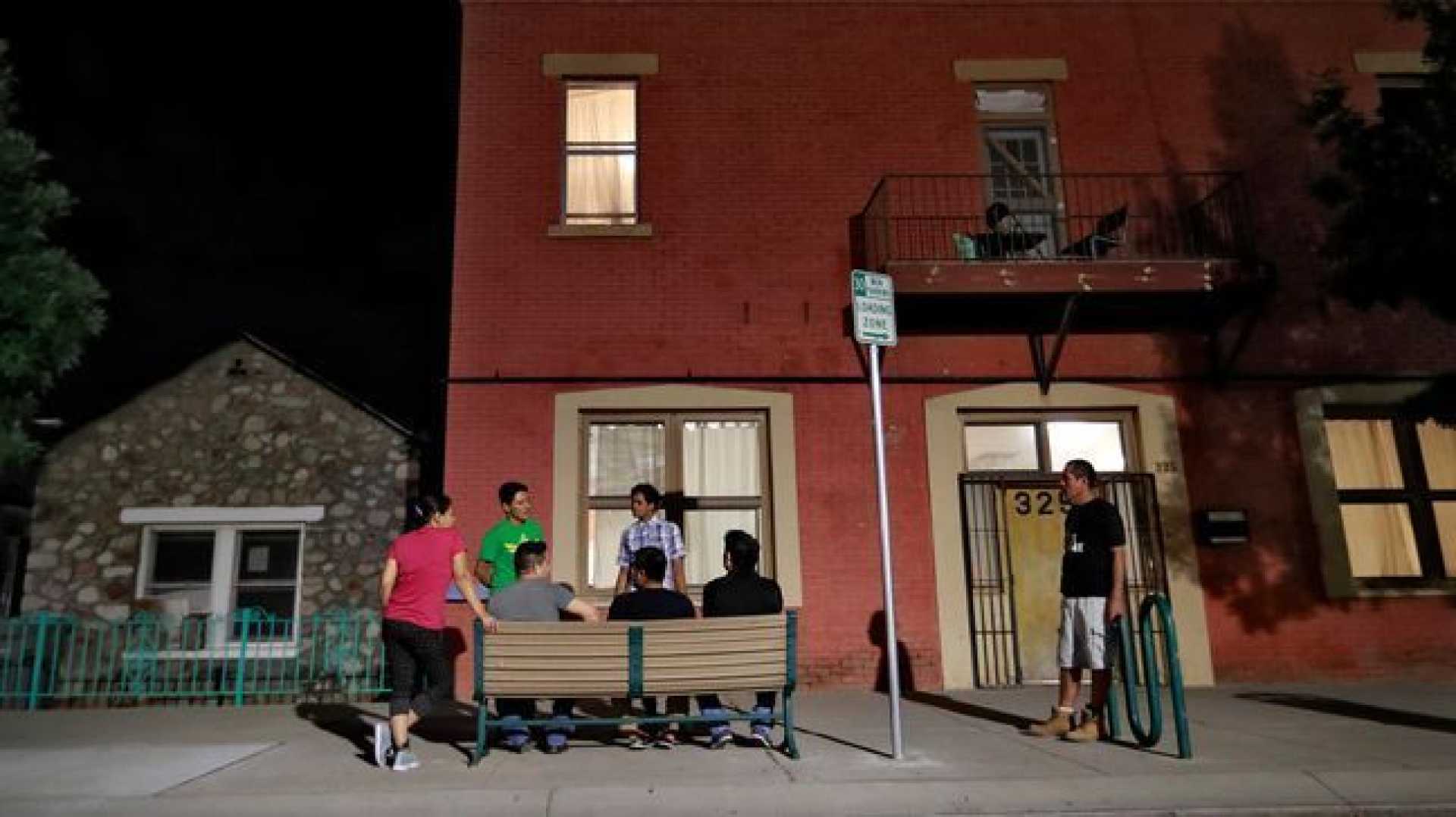News
Texas Supreme Court Hears Case on Catholic Shelter’s Migrant Aid

EL PASO, Texas — The Texas Supreme Court heard arguments this week in a high-stakes case involving Annunciation House, a Catholic shelter network accused of unlawfully harboring undocumented migrants. The nonprofit, which has operated along the U.S.-Mexico border for nearly 50 years, is fighting to block Attorney General Ken Paxton‘s efforts to shut it down over alleged violations of state law.
Annunciation House, represented by attorney Amy Warr, argued that its work is rooted in its religious mission to care for the needy. Warr told the court that most of the individuals the shelter assists are brought by federal immigration authorities, including Immigration and Customs Enforcement (ICE), after being processed. “We are not concealing anyone or hiding anyone from law enforcement,” Warr said. “Everyone in El Paso, including law enforcement, knows what we do.”
Ryan Baasch, representing the attorney general’s office, countered that Annunciation House “knowingly and purposely” shelters undocumented individuals, which he claimed violates state laws prohibiting alien harboring. “If organizations know they can engage in this activity without consequences, there’s no deterrent effect,” Baasch argued. He also asserted that the shelter’s religious mission does not exempt it from complying with state law.
Several justices expressed skepticism about the state’s claims, raising concerns about religious liberty. Justice Debra Lehrmann questioned whether caring for migrants constitutes protected religious activity. “Do you disagree that this is religious activity?” she asked Baasch, who responded, “It may be, but there’s a question of whether it substantially burdens religious activity.”
Elizabeth Kiernan, a lawyer for the First Liberty Institute, which filed a brief in support of Annunciation House, argued that the shelter’s work is a direct expression of its Catholic faith. “Annunciation House answered the Gospel of Matthew‘s call to care for the least of these,” Kiernan said. “The Catholic Church has claimed Annunciation House as one of its own.”
The case stems from a February 2024 investigation by Paxton’s office, which demanded documents from Annunciation House related to its work with migrants. The shelter sued to delay the release of records, leading to a countersuit by the state seeking its closure. In July, an El Paso judge ruled against the state, stating that its claims did not establish a violation of state law and that the laws in question were preempted by federal law. Paxton’s office appealed directly to the Texas Supreme Court.
Annunciation House’s director, Ruben Garcia, has emphasized the shelter’s collaboration with federal authorities, including Border Patrol, to provide temporary housing for migrants who have nowhere else to go. Warr noted that law enforcement agencies, including the FBI, sometimes bring undocumented individuals to the shelter as witnesses in criminal cases. “If they want to pick somebody up, they come with a warrant,” she said.
The court’s decision could have significant implications for religious organizations providing aid to migrants. If the justices side with Paxton, the case will return to district court for further proceedings. If they rule in favor of Annunciation House, the shelter will continue its operations as usual.












